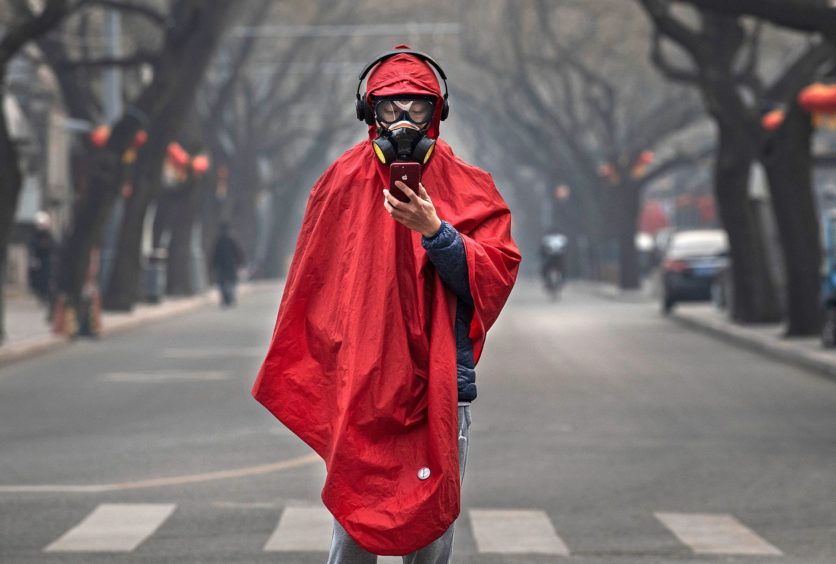
Oil jumped after the World Health Organization said there’s no need for travel and trade bans due to the coronavirus, but was still set for its worst month since May as the outbreak sapped the demand outlook.
The WHO declared a public health emergency of international concern, but said restrictions on commerce weren’t necessary and that it had confidence in China’s ability to control the virus. However, that was undercut by the U.S. government telling Americans not to travel to China. Crude got a further boost after a non-manufacturing purchasing managers’ index in Asia’s largest economy beat estimates, helping push futures in New York up as much as 2.3%.
Oil has fallen around 9% in the last two weeks as the fast-spreading virus spurred China to lock down entire cities and curb domestic travel, while many airlines canceled flights to and from the country. Investors are bracing for a sizable hit to crude demand from the world’s biggest importer and it’s likely many of the nation’s refineries will cut operating rates or shut down entirely.
“China has said the impact of the coronavirus is not fully reflected in the January PMI and it’s too early to peer into the crystal ball,” said Howie Lee, an economist at Oversea-Chinese Banking Corp. in Singapore. “Today’s spike could be a knee-jerk reaction and things could get worse before they get better.”
West Texas Intermediate crude for March delivery rose 2.1% to $53.23 a barrel on the New York Mercantile Exchange as of 11:31 a.m. in Singapore. It closed down 2.2% on Thursday and has fallen around 13% so far this month.
Brent for the same month advanced 1.5% to $59.19 a barrel on the London-based ICE Futures Europe exchange after dropping 2.5% on Thursday. It’s down around 10% in January. The global crude benchmark traded at a $5.96 a barrel premium to WTI.
The impact of the coronavirus on oil prices prompted Saudi Arabia to push for an emergency meeting of OPEC+ next month. However, as of Thursday evening the process was on hold amid resistance from Russia, which has been reluctant to restrain production unless absolutely necessary.
China’s non-manufacturing PMI index jumped to 54.1 in January, higher than analyst expectations of 53, lending some support to oil prices. The gauge doesn’t reflect the reality on the ground, but rather a relatively buoyant mood when firms were surveyed before the full extent of the coronavirus was known, according to Bloomberg Economics.
The virus is expected to have a bigger impact on China’s service sector than on manufacturing, as consumers fly less and eat out less often, said OCBC’s Lee.
Recommended for you
